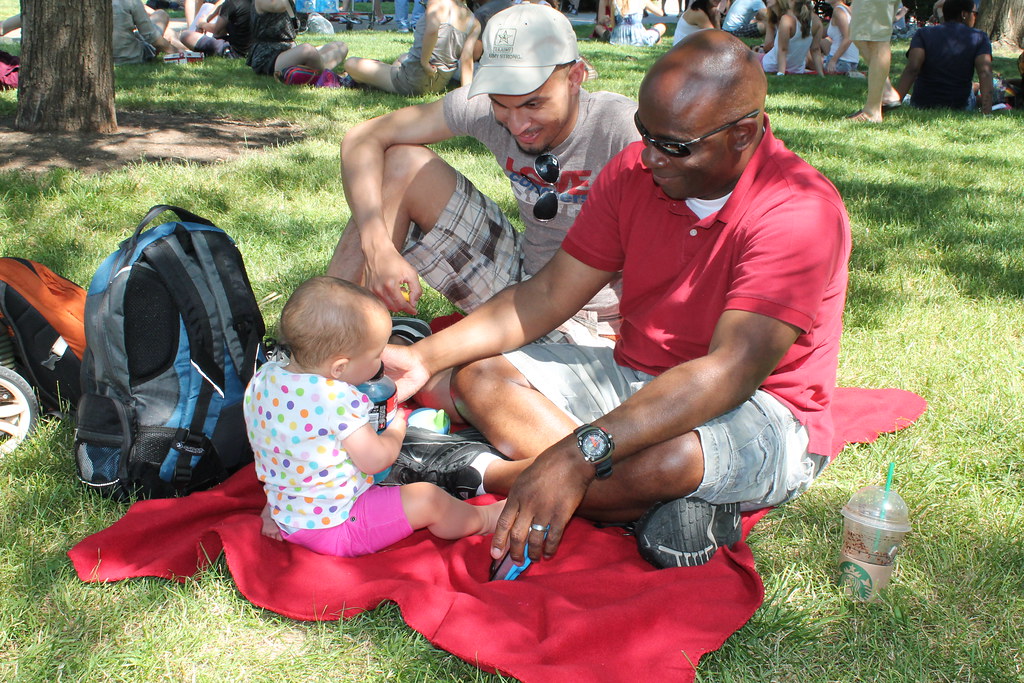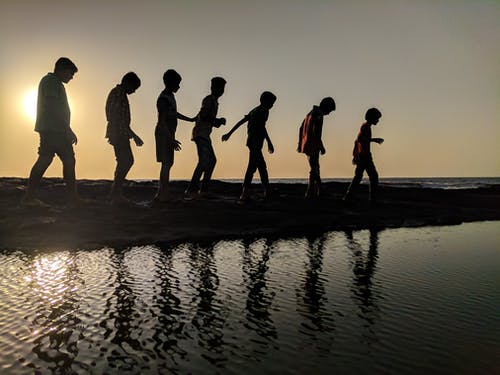Parents’ rights and privileges are not available to guardians, even if they are required to carry out many of the same duties that parents do.
When a child needs a guardian, one of two methods is usually used. People who form wills (also known as “testators”) typically designate someone, such as close relatives, as a guardian in case they become incapacitated or die before making other arrangements for their well-being.
- The second option for appointing a guardian is to do so via the courts
A court may appoint a legal guardian to look after the interests of a minor, adolescent, an adult with developmental disabilities, or any other impaired adult. The guardian’s ward is a person being cared for by that guardian.
It is possible to appoint a guardian in an emergency scenario, such as when the ward is at risk of harm if no guardian is already in place or when the guardian’s attendance is necessary for a certain period. If both parents are sentenced to jail for a crime, they will not be allowed to care for their kids until they are freed. For obtaining guardianship, attorneys are essential.
The court for the appointment to be formalized and for the guardianship limits to be created must approve a guardianship agreement or similar instrument. The guardian’s legal obligations must also be clearly defined in this agreement.
If there are any current guardians, they should be included in the agreement, as well as the ward’s parents and current guardians, if there are any. The parents of the child are included in this. Additionally, the duration of the guardianship and the emergency circumstances should be included in the document. The last point should explain why control is needed and how it might be terminated.
- Who Qualifies to Be a Legal Guardian for a Minor?
Legal guardianship can be granted to anyone who meets the following criteria:
- They must be older than 18 years of age.
- They must be capable of protecting the ward’s well being, health, and personal and property interests.
- They must be able to make legal decisions on the ward’s behalf.
In most states, the age of the majority is 18 years of age, but this can vary. Any person may appoint a legal guardian.

- In what ways is legal guardianship of a kid different from the physical custody of a child?
Parents’ rights and privileges are not available to guardians, even if they are required to carry out many of the same duties that parents do. As a result, the appointment of a guardian does not immediately result in the termination of the child’s parental rights.
In contrast to a parent, a guardian may only have temporary physical custody of a child, but they do not have any legal custody of the child in any way, shape, or form. When a guardian adopts a child after the parental rights of the child’s biological parents have been terminated, the guardian may be awarded legal custody in addition to physical possession of the child. Make sure that you consult a good lawyer who will guide you through the process.


Join the conversation!